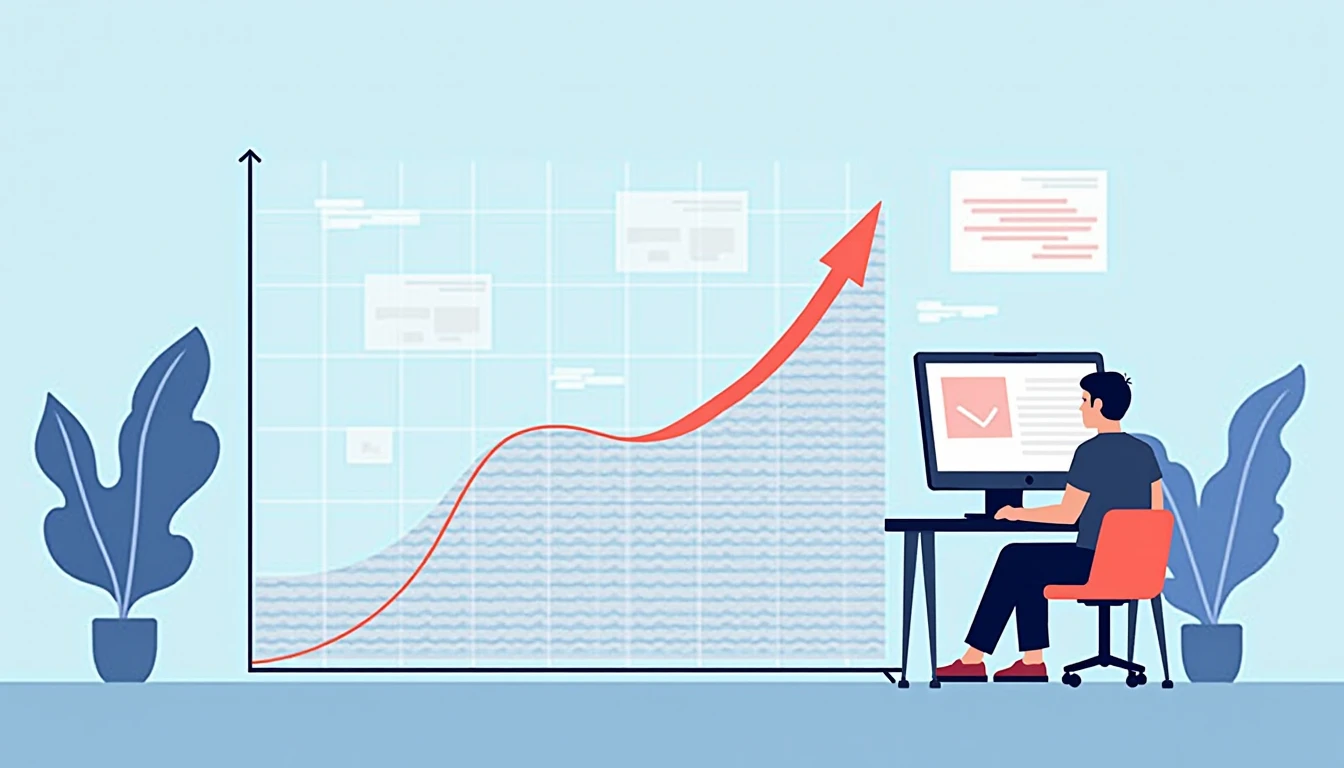The Rising Demand for Data Science
In the age of information overload, data has become an invaluable asset to businesses seeking to gain a competitive edge. As companies generate vast amounts of structured and unstructured data every day, there is a growing need for professionals who can extract meaningful insights from this deluge of information. This is where data scientists come into play.
Data science, a multidisciplinary field that combines statistics, machine learning, and programming, has emerged as one of the most sought-after careers in recent years. According to IBM’s 2018 report “The Demand for Data Science Skills,” the demand for data scientist roles is expected to grow by 15% per year through 2020, making it a highly lucrative and rewarding career path.

The Skill Set of a Data Scientist
To become a successful data scientist, one must possess a diverse set of technical skills. These include:
1. Proficiency in programming languages such as Python, R, SQL, and Java.
2. Knowledge of statistics and machine learning algorithms to analyze complex datasets.
3. Expertise in data visualization tools like Tableau, Power BI, and Matplotlib to communicate findings effectively.
4. Experience with big data platforms such as Hadoop, Spark, and Cassandra to handle large-scale datasets.
5. Strong problem-solving skills and an ability to translate business questions into data-driven solutions.
In addition to these technical competencies, a successful data scientist should also possess soft skills such as communication, teamwork, and curiosity. They must be able to work collaboratively with stakeholders from various backgrounds, clearly articulate complex findings, and continuously learn and adapt in a rapidly evolving field.
The Educational Pathway
While there is no one-size-fits-all approach to becoming a data scientist, many professionals pursue degrees in fields such as statistics, computer science, or mathematics. A Bachelor’s degree is typically the minimum requirement for entry-level positions, while advanced degrees like Master’s or Ph.D. can provide an edge in more specialized roles.
However, given the fast-paced nature of the field, online courses and bootcamps have become popular alternatives for those looking to transition into data science. Platforms such as Coursera, Udacity, and edX offer a range of data science courses that cover everything from beginner-friendly introductions to advanced specializations.
The Job Landscape
The job market for data scientists is incredibly diverse, with opportunities available across various industries. Some of the top sectors hiring data scientists include:
1. Technology: Tech companies such as Google, Facebook, and Amazon employ large teams of data scientists to optimize their products and services.
2. Financial Services: Banks, insurance companies, and investment firms use data science to identify trends, manage risks, and make informed decisions about investments.
3. Healthcare: Data scientists in healthcare analyze patient data to improve disease diagnosis, develop targeted treatments, and optimize operational efficiency.
4. Retail: E-commerce platforms and brick-and-mortar retailers leverage data science to personalize customer experiences, predict demand, and optimize supply chains.
Regardless of the industry, data scientists can expect competitive salaries and ample opportunities for career growth. According to Glassdoor, the average base pay for a data scientist in the United States is around $120,000 per year, with higher-end roles commanding salaries well above $200,000.
Continuous Learning
The field of data science is characterized by rapid innovation and continuous change. New tools, algorithms, and datasets emerge daily, requiring professionals to stay at the forefront of their discipline through ongoing learning and development.
Data scientists can continue to grow their skills through a variety of channels:
1. Online communities: Platforms like Kaggle, Stack Overflow, and GitHub provide opportunities for collaboration, knowledge sharing, and participation in data science competitions.
2. Industry conferences and meetups: Attending events such as Strata Data & AI, PyData, and local meetup groups can help data scientists network with peers and learn about emerging trends and best practices.
3. Personal projects: Applying data science skills to real-world problems through side projects or contributing to open-source initiatives is an excellent way to develop expertise and build a portfolio.
In conclusion, the field of data science presents immense opportunities for those willing to invest in their education, continuously learn, and apply their skills creatively. As businesses become increasingly reliant on data-driven insights, the demand for talented data scientists will only continue to grow. By embracing this exciting and ever-evolving field, individuals can unlock a rewarding career path with limitless potential.

